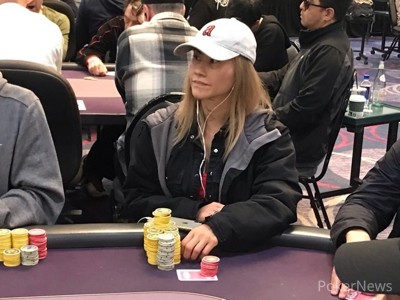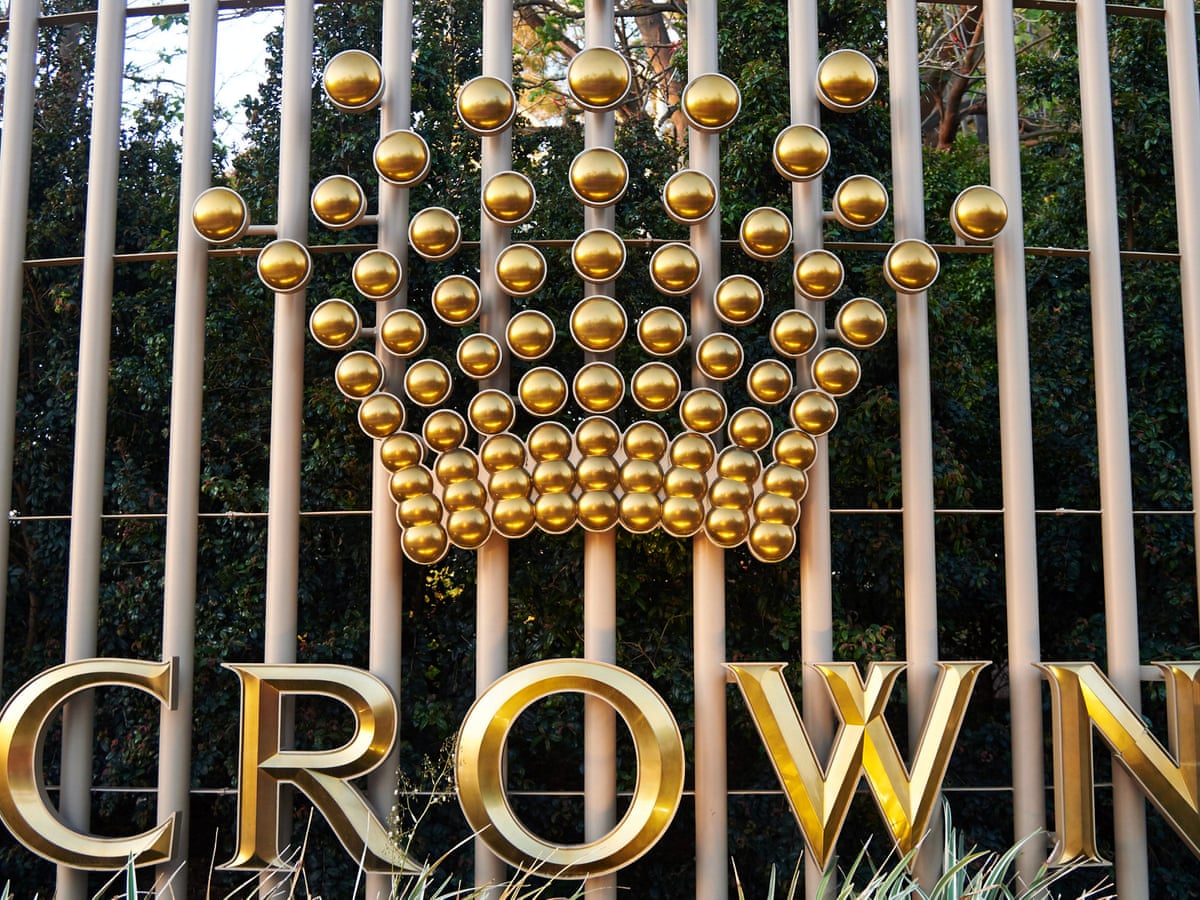Julie Gambling
Posted : admin On 8/1/2022- Julie Casino Rye Ny
- Julie Gamble Keller Williams Louisville
- Julie Gamble Group
- Julie Gamble Blue Jackets
Goodbye Gambling Blocker (by Family First) - Kiss online gambling goodbye. Janet Palmtag of Syracuse, a District 1 legislative candidate, supports approval of casino gambling in Nebraska to help fund property tax relief. Janet Palmtag of Syracuse, a District 1 legislative. You like to play, why not try a new gaming destination or visit multiple places via a cruise. Someone who promotes gambling cannot be an icon,she also identifies with her criminal father-in-law. Julie is a beneficiary of stolen loot! — Boniface Mwangi (@bonifacemwangi) April 12, 2016. Gichuru destroyed Kenya economy with fake power rationing in the 90's.People lost jobs while he looted Kenya power.Julie is a beneficiary.
Candidate’s Name
Julie Casino Rye Ny
Julie Hynes
Candidate’s NCPG Membership Group

Affiliate
Nominated by
Carolyn Hawley
Candidate’s Address (State)
MA
What is your Interest in serving on the Board? What skills can you bring to the Board?
I recently served on the NCPG Board from 2016-2018, and stepped down from my Individual seat in order to take a new position in an Affiliate role with the Massachusetts Council on Compulsive Gambling. It is in this new role as Affiliate that I seek to be elected.
My experience has been in public health for over 22 years, specializing in problem gambling and addictions prevention for the past 17 years. My work in problem gambling has been in sectors ranging from local government, nonprofit, higher education, research, and private consulting, and this experience has spanned across local, statewide, and national levels.
Over the years, I have experienced the Council’s growth and leadership of awareness and advocacy in the problem gambling field. Even still, there is much work to be done to increase overall public readiness and services to address problem gambling.
Some skills I can bring to NCPG include strong communications, relationship and coalition building, policy work, strategic thinking, program development and leadership, and technological dexterity. My record is as one who builds bridges, is willing to have challenging conversations, and one who works diligently to improve every effort and team of which I am a part.
What is your vision for NCPG, and what goals do you have for the organization?
Since I entered the field in 2002, I have seen NCPG work persistently to increase the awareness of problem gambling as a behavioral and public health issue; this efficacy has been increasingly apparent following the shift to gambling disorder being recognized as a behavioral addiction in the DSM-5. There is still a lot more work to do.
My vision for NCPG is for it to continue growing its strong recognition in the field as the largest and most reputable organization to address problem gambling services in the United States, and to grow that recognition through increased attention on the future of the field.
I see a few key areas in which NCPG can work to accomplish its mission in addition to progressing its existing goals:

- Advance integration of problem gambling with national efforts to address substance use disorder, mental health issues, and other public health efforts, by building stronger relationships (e.g., with such agencies as NIH and SAMHSA);
- Increase attention to technological advancements in which video gaming and gambling converge, and;
- Increase knowledge translation and public policy supports for state providers, particularly such areas as sports betting and online gambling, where nuance is needed on state-by-state basis.

What relevant leadership and/or committee roles have you held in NCPG, state Affiliate or related organizations?
- Massachusetts Council on Compulsive Gambling (NCPG Affiliate) – Director of Responsible Gambling
- National Council on Problem Gambling:
- Member, Board of Directors (2016-2018); Secretary, Board of Directors (2017-2018)
- Co-Chair, Prevention Committee (2014-2016)
- Member, Prevention Committee (since committee inception, 2011-present)
- Co-investigator, APGSA/NCPG 2016 Survey of Problem Gambling Services in the United States, www.apgsa.org (2016-2018)
- Oregon Problem Gambling Services:
- Developer and primary administrator of www.oregonpgs.org (2015-2018)
- Prevention Consultant to Oregon Problem Gambling Services (2003-2010)
- Staff support / technical assistance to regional prevention coordinators, Oregon Problem Gambling Services (2010 – 2018)
- Co-author, Problem Gambling Prevention Resource Guide for Prevention Professionals (Marotta & Hynes, 2003)
- Other:
- Faculty, University of Oregon, specializing in Problem Gambling and Addictions Prevention coursework (2009-2017)
- Advisory Group Member/Publication Contributor, Marketing Strategies Advisory Group: Recommendations to Enhance Oregon State Lottery Responsible Gambling Practices (Oregon State Lottery, 2012)
- Grant writer and grant lead: University of Oregon Problem Gambling Awareness Project (2007 – 2010)
- Consultant: APGSA/NCPG; 2006 Survey of Publicly Funded Problem Gambling Services in the United States (Marotta, Christensen, & Hynes, International Conference on Gaming, Reno, NV, May 2006)
What ideas and experience do you have that can help NCPG grow its membership and fundraising?

Problem gambling is a field that often suffers from ongoing lack of public readiness to address the issue, which extends to a dearth of funding (including federally); resultantly, our field has been almost exclusively reliant on gambling industry support.
Julie Gamble Keller Williams Louisville

I believe there are new ways in which we can leverage the expertise of NCPG into even stronger financial stability and increased membership. For example, I would support NCPG in attaining funds in advocacy, research, and programs through: 1) positioning NCPG as the only national leader that is equipped to also address internet/video gaming disorder due to the overwhelming similarities of indicators and processes; 2) pursuing research dollars to understand the convergence and related effects of video gaming and gambling on problematic behavior, and; 3) increasing capacity of local problem gambling providers to address internet/video gaming disorder within their scope of services.
Finally, I believe quality knowledge transfer is highly effective in driving attention to the agency; one of the best recent examples of NCPG’s efforts is the National Survey on Gambling Attitudes and Gambling Experiences (NGAGE). I believe NCPG will thrive using this research and other ongoing efforts to build and sustain long-term organizational, individual, and affiliate memberships alike.
Do you have any personal or professional conflicts that would prevent you from engaging fully in advocacy or fundraising? If so, please describe them.
Julie Gamble Group
No conflicts.
How long have you been a member of NCPG and what led you to join initially?
I have been a member of NCPG since 2007. Initially I joined NCPG to better get informed about the Council and learn more about its advocacy nationwide for problem gambling services. I was especially inspired to join the Council following the 2006 NCPG annual conference, when a group of prevention specialists was convened by Jim Wuelfing to explore the need for nationwide NCPG prevention efforts.
Julie Gamble Blue Jackets
Biographical Statement
Julie is the Director of Responsible Gambling with Massachusetts Council on Compulsive Gambling. She is a Certified Prevention Specialist, focusing her work in problem gambling prevention since 2002. Her previous roles in the field have included development and ongoing leadership of a problem gambling prevention program with a county health department in Oregon (“PreventionLane”), faculty with the University of Oregon specializing in problem gambling coursework, service on the National Council on Problem Gambling Board of Directors (2016-2018) and prevention committee (2011-present), co-investigation of the largest survey of publicly funded problem gambling services in the United States (Marotta, Hynes, Whyte, Scanlan, Sheldrup, & Dukart, 2016), prevention consultation to Oregon Problem Gambling Services, development of widespread educational and training materials, and providing training and technical assistance services across the U.S. In 2012, Julie was honored with the NCPG Wuelfing Prevention Award for her work in helping advance the field of problem gambling prevention and awareness. Julie has a background as a Registered Dietitian, and her hobbies include playing softball, being a sports nut, going on frozen yogurt trips with her teen daughter, and playing Mad Libs with her younger son.